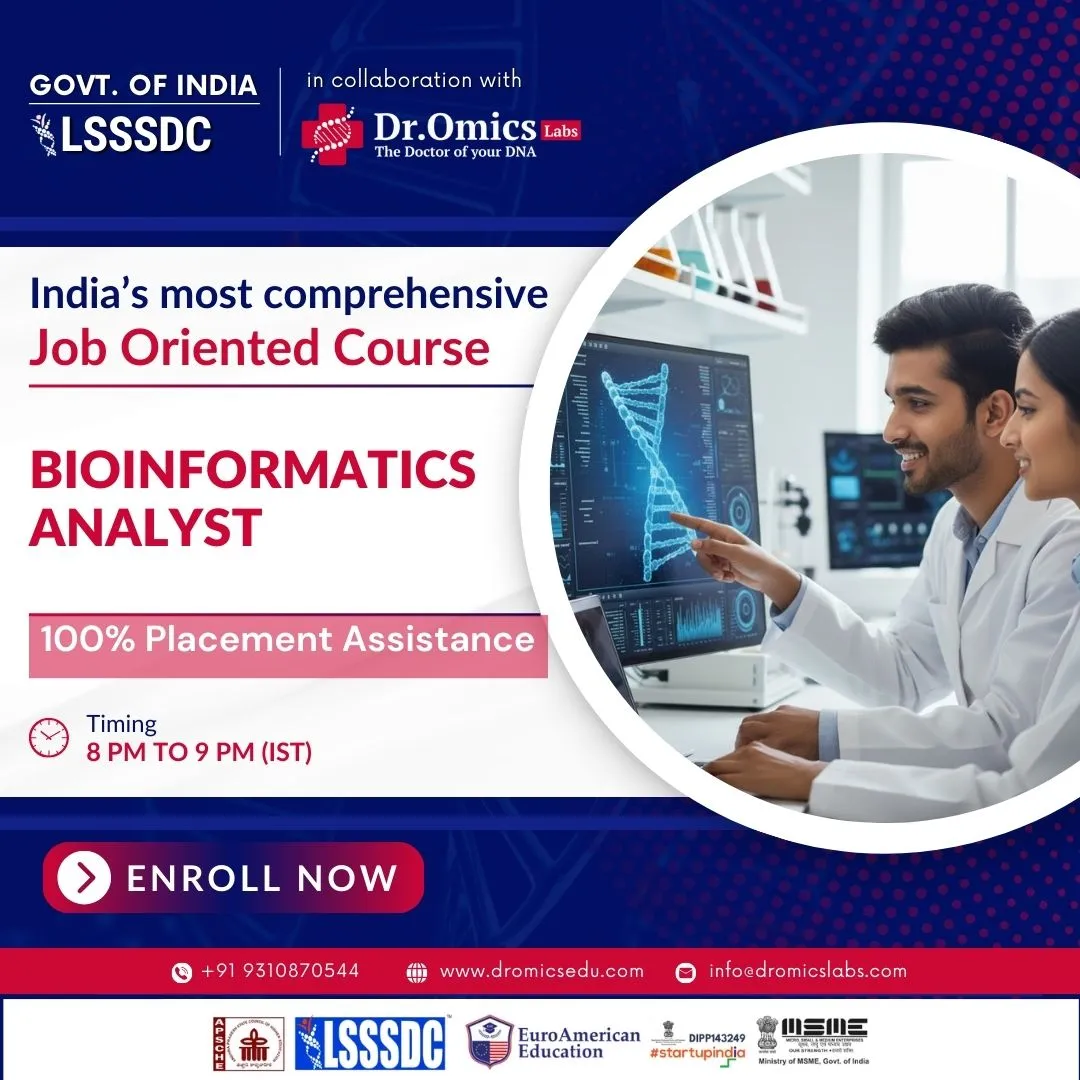Semaglutide Fails in Alzheimer’s Trials: What Novo Nordisk’s EVOKE Results Reveal
A major scientific question has been answered — and not in the way many had hoped. Novo Nordisk’s blockbuster obesity and diabetes drug semaglutide, one of the world’s most successful GLP-1 medicines, has failed to slow Alzheimer’s disease progression in two large, long-term clinical trials.
Novo Nordisk announced the topline results of its EVOKE and EVOKE+ phase 3 trials on 24 November 2025. The global, double-blind, placebo-controlled studies followed 3,808 adults with early symptomatic Alzheimer’s disease for two years, evaluating whether daily oral semaglutide could slow clinical decline.

❌ Primary endpoint not met
The trials did not show a statistically significant reduction in disease progression on the Clinical Dementia Rating–Sum of Boxes (CDR-SB), the standard cognitive and functional measure used in Alzheimer’s trials.
Although semaglutide improved Alzheimer’s-related biomarkers, these biological signals did not translate into clinical benefit.
🧪 Why semaglutide was tested for Alzheimer’s
The decision to test semaglutide came from:
- Real-world evidence showing lower Alzheimer’s incidence among diabetics using GLP-1 drugs
- Strong neuroprotective effects in animal models
- Post-hoc analyses from obesity and diabetes trials
- The urgent unmet need in Alzheimer’s disease
Despite this, many researchers had cautioned that GLP-1 drugs might prevent neurodegeneration but may not reverse or halt ongoing pathology.
🧭 What the EVOKE data mean
The EVOKE trials were the largest and longest GLP-1 studies ever conducted in a neurodegenerative disorder. Participants aged 55–85 with mild cognitive impairment or mild Alzheimer’s disease received 14 mg oral semaglutide or placebo daily.
While the treatment was safe and well tolerated, as seen in previous semaglutide programs, it offered no measurable clinical benefit on cognition or daily function.
Novo Nordisk has now terminated the planned 1-year extension of the studies.
📢 Company statement
Martin Holst Lange, Chief Scientific Officer at Novo Nordisk, acknowledged the outcome:
“We felt we had a responsibility to explore semaglutide’s potential despite a low likelihood of success… While it did not demonstrate efficacy in slowing Alzheimer’s progression, semaglutide continues to provide benefits for diabetes and obesity.”
🧠 Scientific context: Why did it fail?
Researchers have long speculated why GLP-1 agonists may succeed in metabolic diseases but struggle in neurodegenerative ones.
Key challenges include:
- Reaching the brain at therapeutic concentrations
- Distinguishing central effects from weight-loss effects
- Treating a disease where irreversible neuron loss is already underway
- Variability in patient frailty, inflammation, and metabolic reserve
Recent trials of another GLP-1 drug, exenatide, also failed in Parkinson’s disease, reinforcing the difficulties of treating established neurodegeneration.
🔬 What scientists still want to know
Experts say valuable insights will still emerge from:
- Biomarker analyses on inflammation and amyloid
- Whether GLP-1 effects differ in people without diabetes
- Safety signals in frail, older populations
- Whether brain benefits are independent of weight loss
The EVOKE dataset, given its size and diversity, is expected to shape the next phase of Alzheimer’s drug discovery.
🧩 Alzheimer’s disease: the unmet need
Alzheimer’s remains the leading cause of dementia, representing 60–80% of global cases.
Before recent advances, it was one of the deadliest genetic diseases in infants and remains a major global burden with no widely effective disease-modifying treatments.
📅 What comes next?
Novo Nordisk will present topline EVOKE data:
- 3 December 2025 at the Clinical Trials in Alzheimer’s Disease (CTAD)
- Full results March 2026 at the AD/PD Conference
Despite the setback, many researchers believe GLP-1 drugs may still play a preventive role — just not as treatments for symptomatic Alzheimer’s.
Explore more
🎤 Career – Real career stories and job profiles of life science professionals. Discover current opportunities for students and researchers.
💼 Jobs – The latest job openings and internship alerts across academia and industry.
🛠️ Services – Regulatory support, patent filing assistance, and career consulting services.




